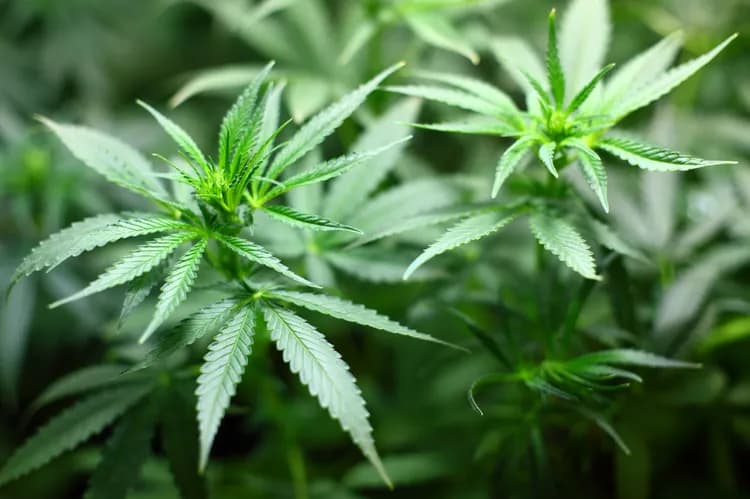
Early Marijuana Use Associated With Abnormal Brain Function, Lower IQ
In a new study, scientists in London, Ontario have discovered that early marijuana use may result in abnormal brain function and lower IQ.
Marijuana is the most commonly used illegal substance in the world. Previous studies have suggested that frequent marijuana users, especially those who begin at a young age, are at a higher risk for cognitive dysfunction and psychiatric illness, including depression, bipolar disorder and schizophrenia.
Dr. Elizabeth Osuch, a Scientist at Lawson Health Research Institute and the Dr. Joseph Rea Chair in Mood Disorders at the Schulich School of Medicine & Dentistry at Western University, is a Canadian leader in studying both mood and anxiety disorders and the effects of marijuana.
"Many youth in our program use marijuana heavily and, despite past research, believe it improves their psychiatric conditions because it makes them feel better momentarily," said Dr. Osuch, who is also the Medical Director of the First Episode Mood and Anxiety Program (FEMAP) at London Health Sciences Centre. "For this reason, we decided to study the effects of marijuana and depression on psychiatric symptoms, brain function and cognitive function."
Dr. Osuch and her team recruited youth in four groups: those with depression who were not marijuana users; those with depression who were frequent marijuana users; frequent marijuana users without depression; and healthy individuals who were not marijuana users. In addition, participants were later divided into youth who started using marijuana before the age of 17 and those who began using it later or not at all.
Participants underwent psychiatric, cognitive and IQ testing as well as brain scanning. The study found no evidence that marijuana use improved depressive symptoms; there was no difference in psychiatric symptoms between those with depression who used marijuana and those with depression who did not use marijuana.
In addition, results showed differences in brain function among the four groups in areas of the brain that relate to reward-processing and motor control. The use of marijuana did not correct the brain function deficits of depression, and in some regions made them worse.
Of additional interest, those participants who used marijuana from a young age had highly abnormal brain function in areas related to visuo-spatial processing, memory, self-referential activity and reward processing. The study found that early marijuana use was also associated with lower IQ scores.
"These findings suggest that using marijuana does not correct the brain abnormalities or symptoms of depression and using it from an early age may have an abnormal effect not only on brain function, but also on IQ," said Dr. Osuch.
With past research suggesting a genetic role between marijuana use and depression, Dr. Osuch and her collaborators at Western University's Robarts Research Institute also conducted genetic testing on participants. They discovered that a certain genetic variation of the gene that produces Brain Derived Neurotropic Factor (BDNF) was found in greater proportion in youth who used marijuana from an early age. BDNF is involved in brain development and memory, among other processes.
"This is a novel finding that suggests this genetic variation may predispose youth to early marijuana use," said Dr. Osuch. However, Dr. Osuch notes that this study had a small number of participants. These genetic results are therefore tentative and need to be verified with a larger study with more participants.
Materials provided by Lawson Health Research Institute. Note: Content may be edited for style and length.
Disclaimer: DoveMed is not responsible for the adapted accuracy of news releases posted to DoveMed by contributing universities and institutions.
Primary Resource:
Osuch, E. A., Manning, K., Hegele, R. A., Théberge, J., Neufeld, R., Mitchell, D., ... & Gardner, R. C. (2016). Depression, marijuana use and early‐onset marijuana use conferred unique effects on neural connectivity and cognition. Acta psychiatrica Scandinavica, 134(5), 399-409.
Related Articles
Test Your Knowledge
Asked by users
Related Centers
Related Specialties
Related Physicians
Related Procedures
Related Resources
Join DoveHubs
and connect with fellow professionals

0 Comments
Please log in to post a comment.